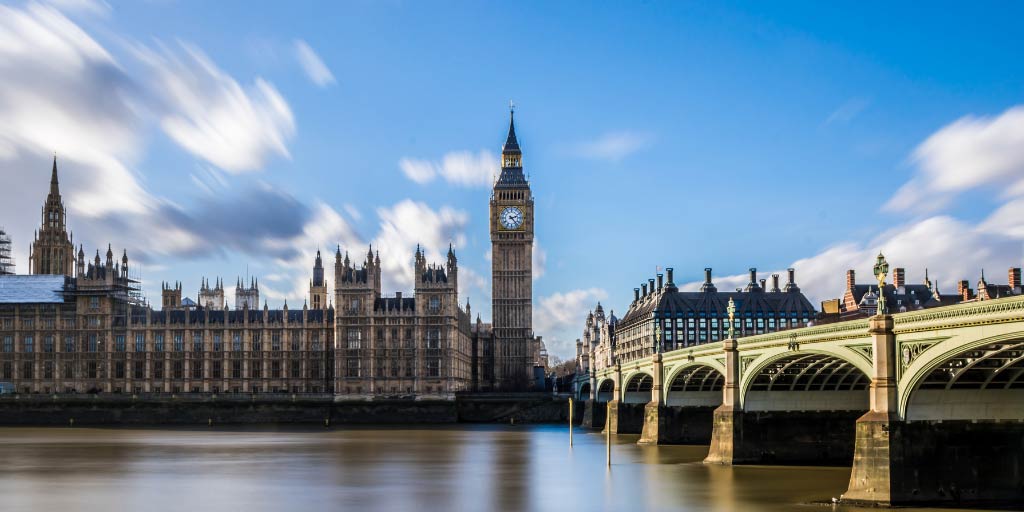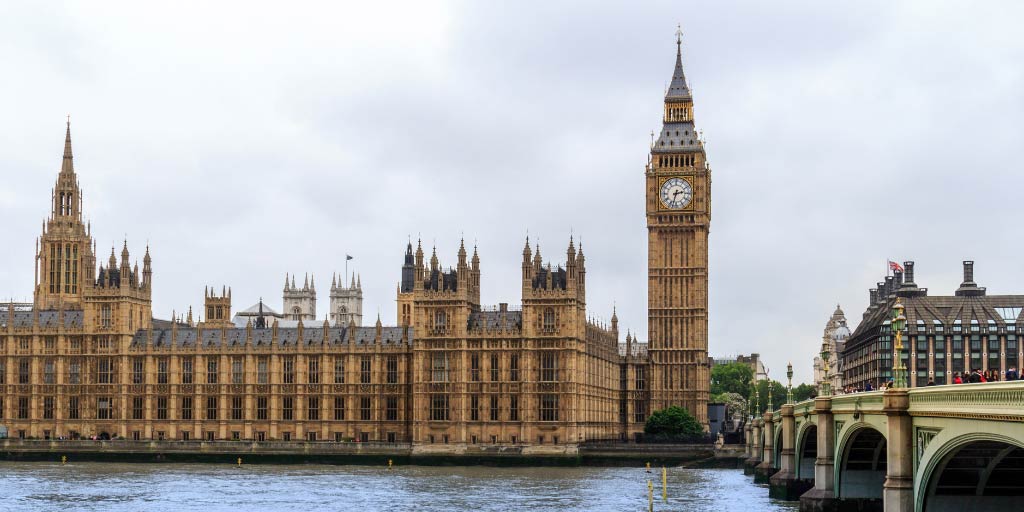This information should not be interpreted as financial, tax or legal advice. Mortgage and loan rates are subject to change.

Categories: epc | government and politics
It appears as though the government is pulling back on its commitment to phase out gas boilers in rental properties by 2035.
Michael Gove was interviewed on The Times newspaper’s radio programme and made comments on the ban which will be important for landlords and the Private Rental Sector (PRS).
The Levelling Up Secretary, Michael Gove, has said:
There are proposals to decarbonise our existing housing stock, which I think are the right direction to go.
But the costs which some of those changes may impose on homeowners, and indeed landlords, I think that at this point in time we do need to be careful about.
In the interview on Times Radio, Gove continued by saying:
…there is particular pressure that’s been placed on the private rented sector – they have to move faster than others in order to meet energy efficiency standards – I think we’re asking a little too much of them and therefore we will give a greater degree of breathing space.
A few days earlier, Gove once again backed landlords’ by claiming the Government is ‘asking too much too quickly’ in terms of landlords complying with Minimum Energy Efficiency Standards.
Gove’s comments come as the Prime Minister, Rishi Sunak, insists that while the government is still committing to green policies, they may be softened as he is ‘cognisant that we’re living through a time at the moment where inflation is high’, pointing out that inflation is ‘having an impact on household and families’ bills. I don’t want to add to that, I want to make it easier’.
These changes to the government’s tone regarding green policy come with the backdrop of the prime minister approving North Sea oil and gas exploration licenses.
Sunak has stated that while the nation’s government is still committed to achieving net zero emissions by 2050, we need to take a ‘proportionate’ and ‘pragmatic’ approach to getting there – as it has always been a balancing act of reducing emissions whilst not impacting pockets.
With landlords already having to think about the looming abolition of Section-21-based evictions (as per the pending Renters’ Reform Bill), higher interest rates, and EPC regulation, these comments from The Levelling Up Secretary may come as some relief.
Government data shows that upgrading a property to an EPC rating of between A to C will likely cost £5000 to £9999, for nearly half of rental properties with a rating of below C (46 percent).
Lenders support those meeting A-C EPC ratings
There are many lenders that offer products to borrowers that can demonstrate that their property has an EPC rating of between A-C, so-called ‘green’ products can offer features such as slightly lower rates, cashback, and free valuations.
While this may be enough incentive to invest in EPC upgrades, doing so can also increase the property value.
However, the difficulty is knowing which lenders offer the most competitive green products.
Commercial Trust has access to over 80 lenders nationwide, and as a specialist mortgage broker, we use our expertise to find and secure the most competitive deals for our clients.
If your property has an EPC rating of between A and C, we may be able to secure you a green product with great features.



